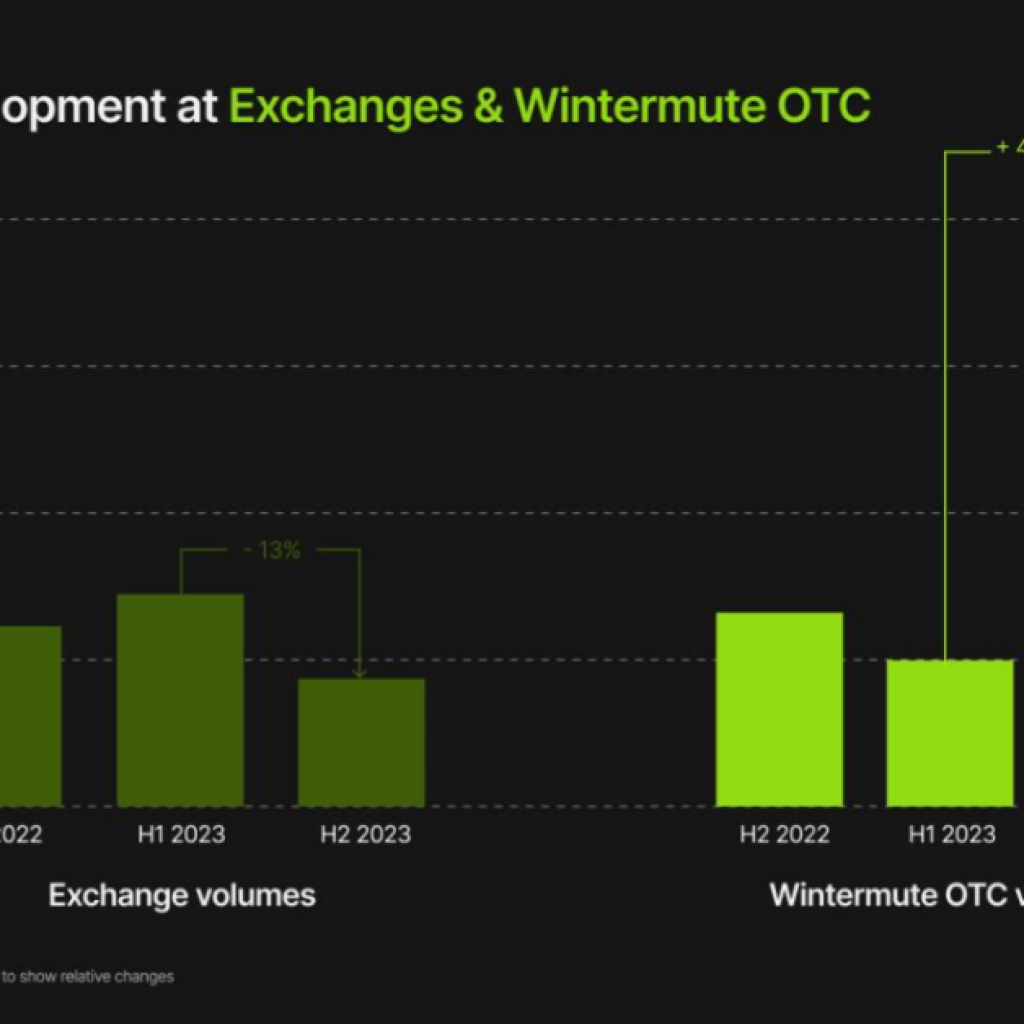The expansion of the BRICS alliance, now inclusive of powerhouse economies like the UAE, and potentially the Kingdom of Saudi Arabia, is reshaping the global oil markets. These nations, renowned for their oil wealth, are tilting the scales of economic power, particularly in the oil sector. The BRICS bloc, known for its economic and political heft, is on a trajectory to not only amplify its collective GDP but also to redefine the dynamics of the global oil trade.
BRICS’s Growing Dominance in Oil
As of 2024, the BRICS alliance finds itself at the helm of nearly half the world’s oil supply, a staggering 47%, overshadowing the United States’ meager 2.1%. This monumental control over oil production is poised to shift the global economic landscape, especially as the alliance explores trading oil in local currencies. Such a move could significantly undermine the dollar’s supremacy in international trade, a prospect that puts the U.S. in an increasingly precarious position.
China, a pivotal BRICS nation, has aggressively capitalized on fluctuating crude oil prices, amassing an impressive stockpile at the rate of 1.39 million barrels daily. This strategic accumulation, partly a response to sanctions against Russia, demonstrates the intricate web of economic strategies at play within the BRICS framework. It’s a clear indication that the bloc is not just expanding in size but also in strategic depth, leveraging its collective might to navigate and potentially dominate the global oil market.
Moreover, the bloc’s foray into de-dollarization, particularly in oil transactions, signals a bold step towards autonomy from the traditionally dollar-dominated trade. Countries like Russia and South Africa have already started trading oil outside the dollar framework, a trend that’s likely to gain more traction as the alliance expands.
Strategic Expansion and Its Implications
The expansion of the BRICS alliance, especially with the inclusion of major oil-producing nations, heralds a significant shift in the global energy and financial landscapes. This shift is particularly evident as the alliance makes headway into adopting local currencies over the US dollar for oil transactions, directly challenging the long-standing dominance of the dollar in global trade.
Notably, the move toward de-dollarization has been embraced beyond the BRICS nations themselves. For instance, Iran has made a pivotal shift by steering its banks away from the dollar in international transactions. This decision underscores a broader trend within the BRICS philosophy, aiming to diminish the reliance on the US dollar and foster economic independence among the member states and their allies.
The impact of these strategic moves is multifaceted. By potentially reducing the global dependency on the dollar, BRICS countries are not only asserting their economic sovereignty but also challenging the traditional financial order. This could lead to significant changes in international trade practices, currency valuation, and global economic power dynamics.
The forthcoming BRICS 2024 summit in Russia symbolizes the alliance’s growing cohesion and ambition. Set against the backdrop of expanding membership and increasing control over global oil markets, the summit is poised to be a pivotal moment for the bloc. Discussions are anticipated to focus on furthering the de-dollarization initiative, exploring new avenues for economic cooperation, and possibly welcoming more countries into the fold. The choice of Russia as the host underscores the alliance’s commitment to showcasing unity and strength, especially in the face of geopolitical challenges and economic sanctions.





